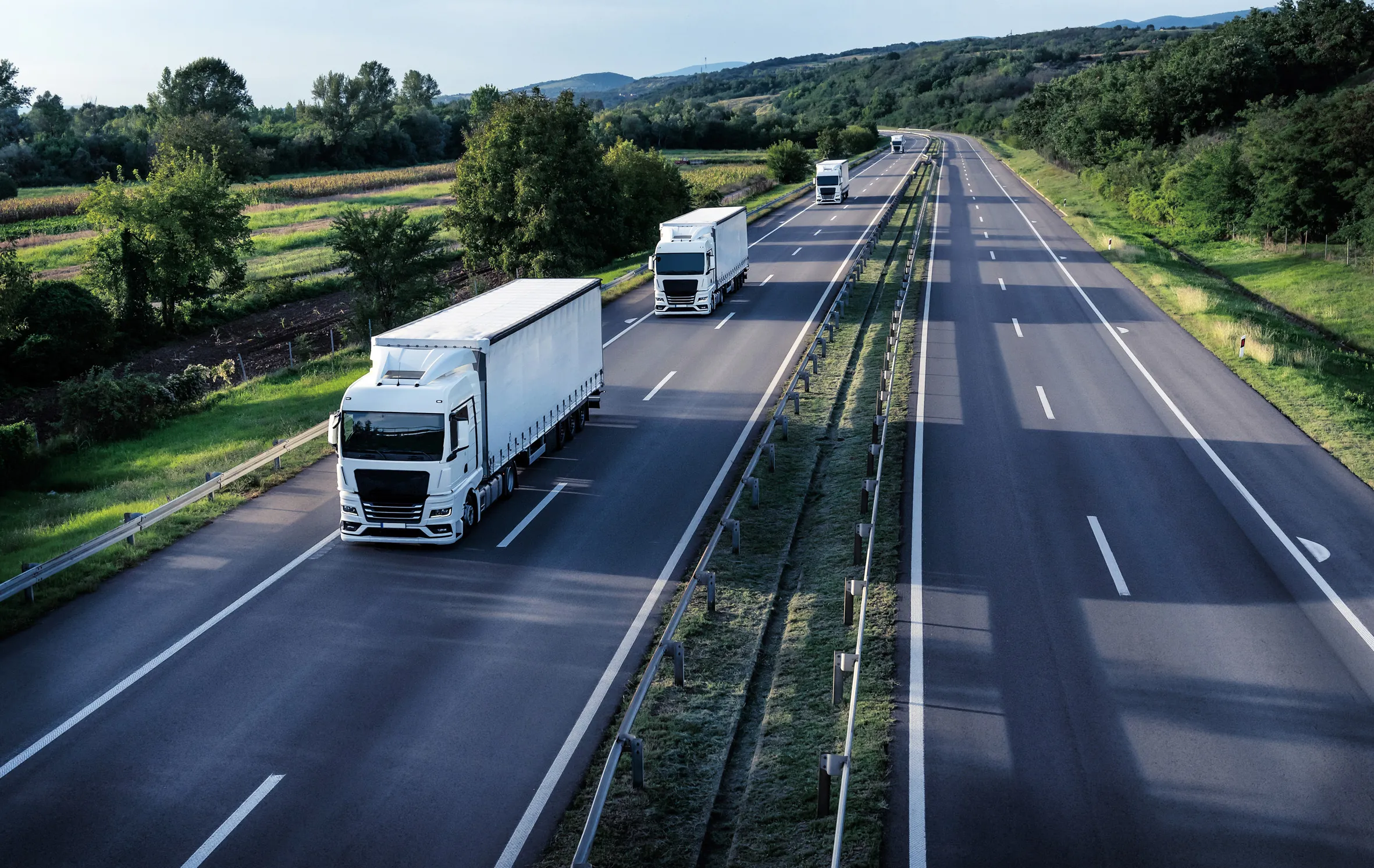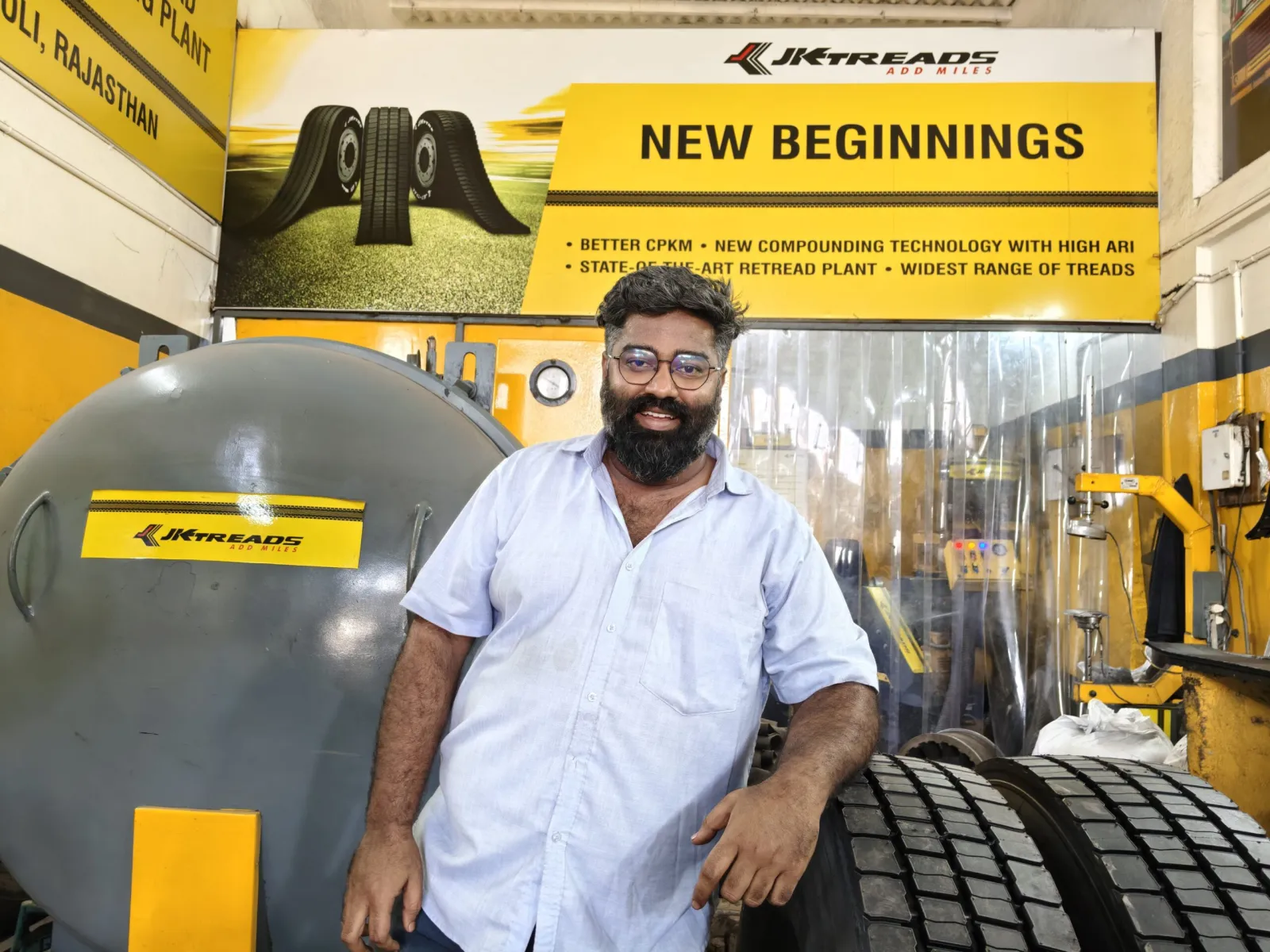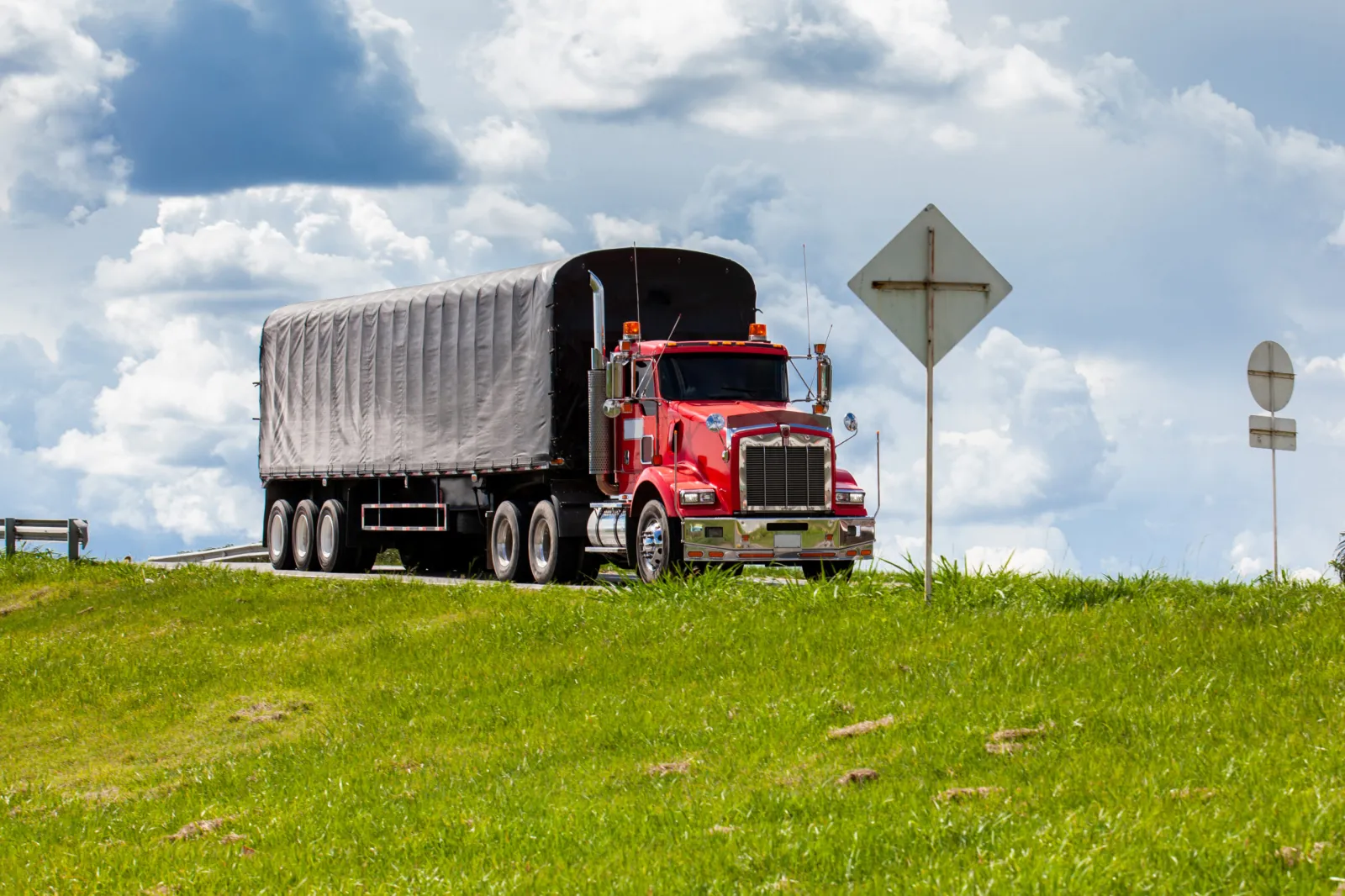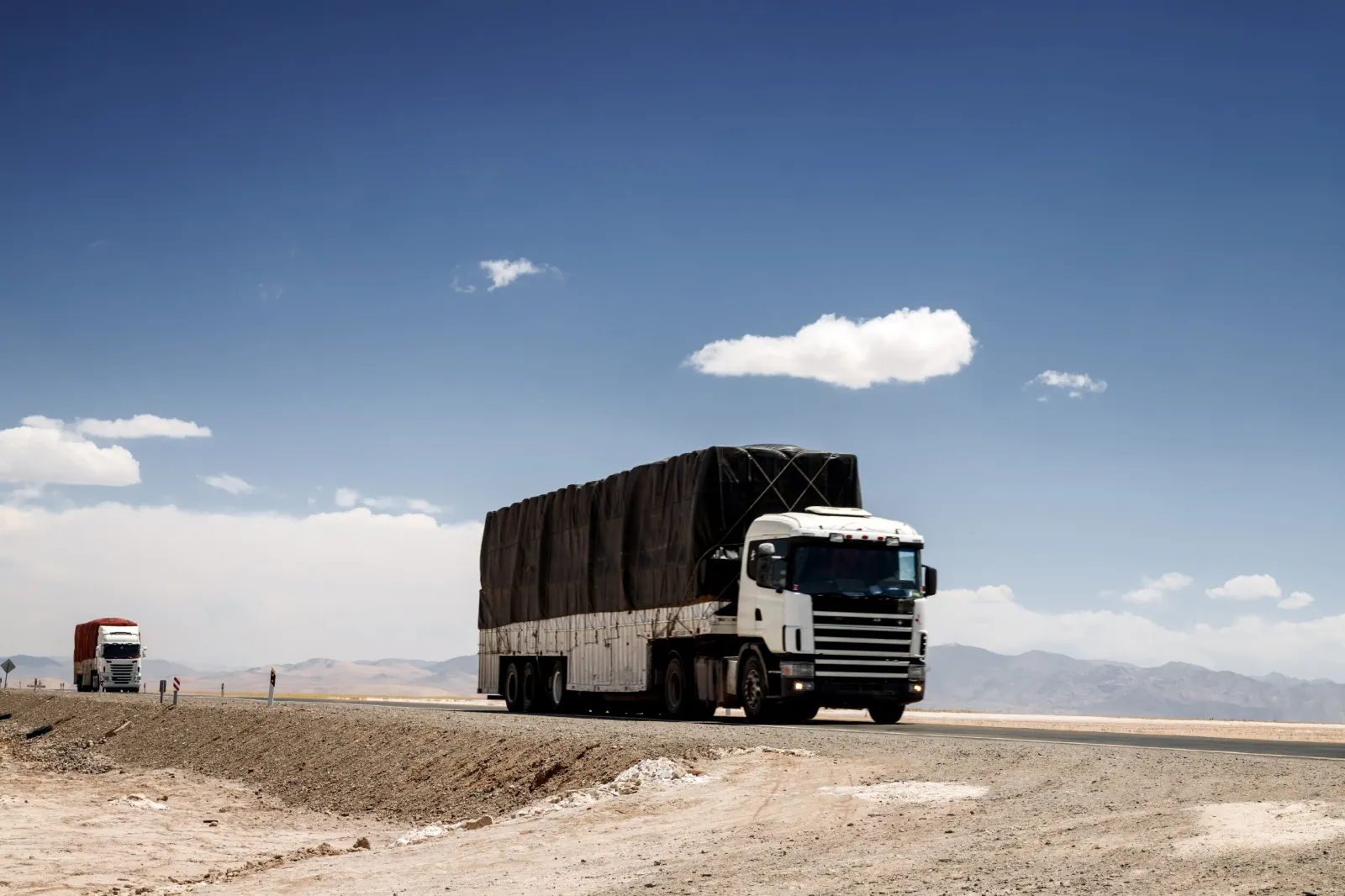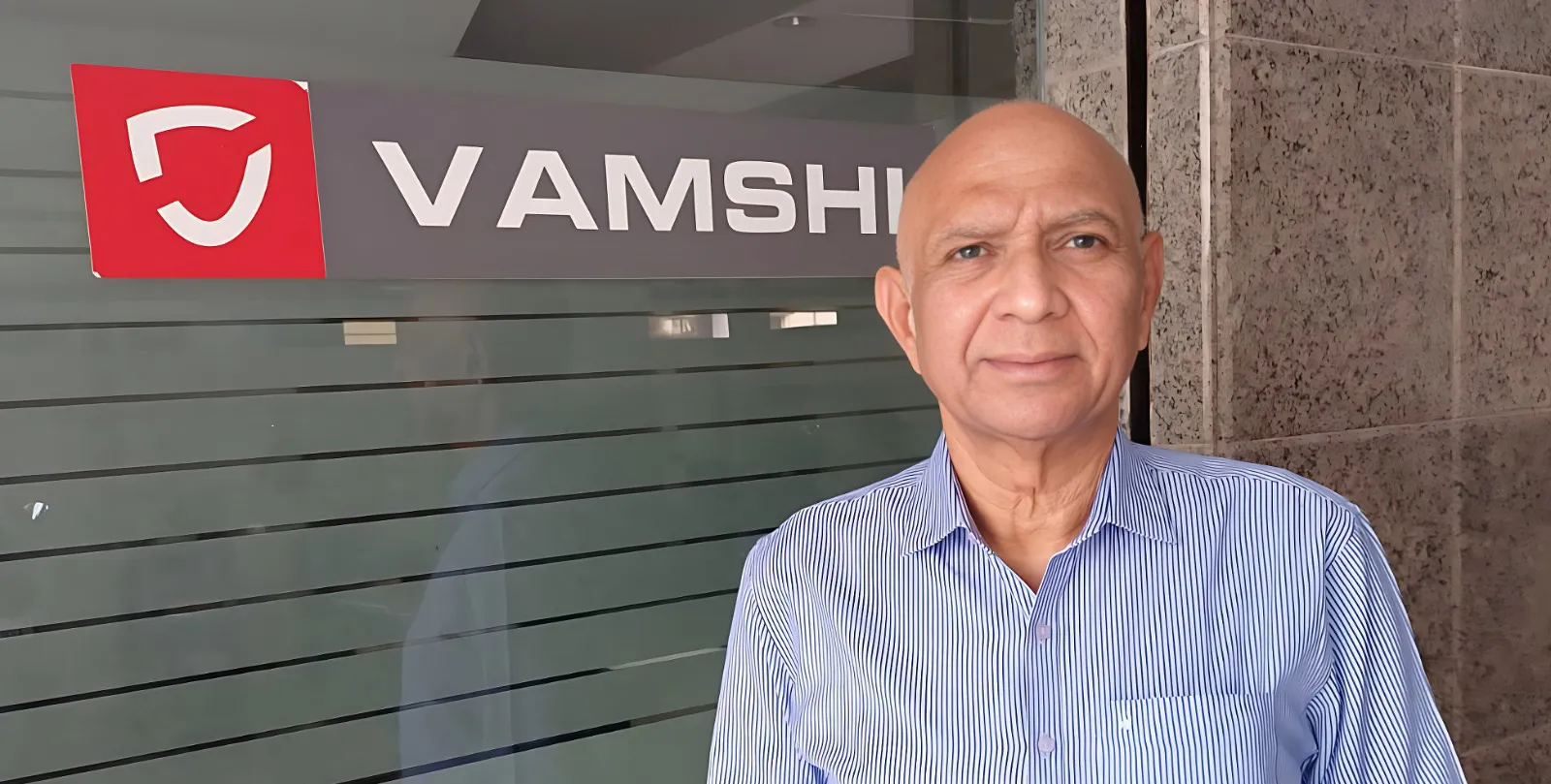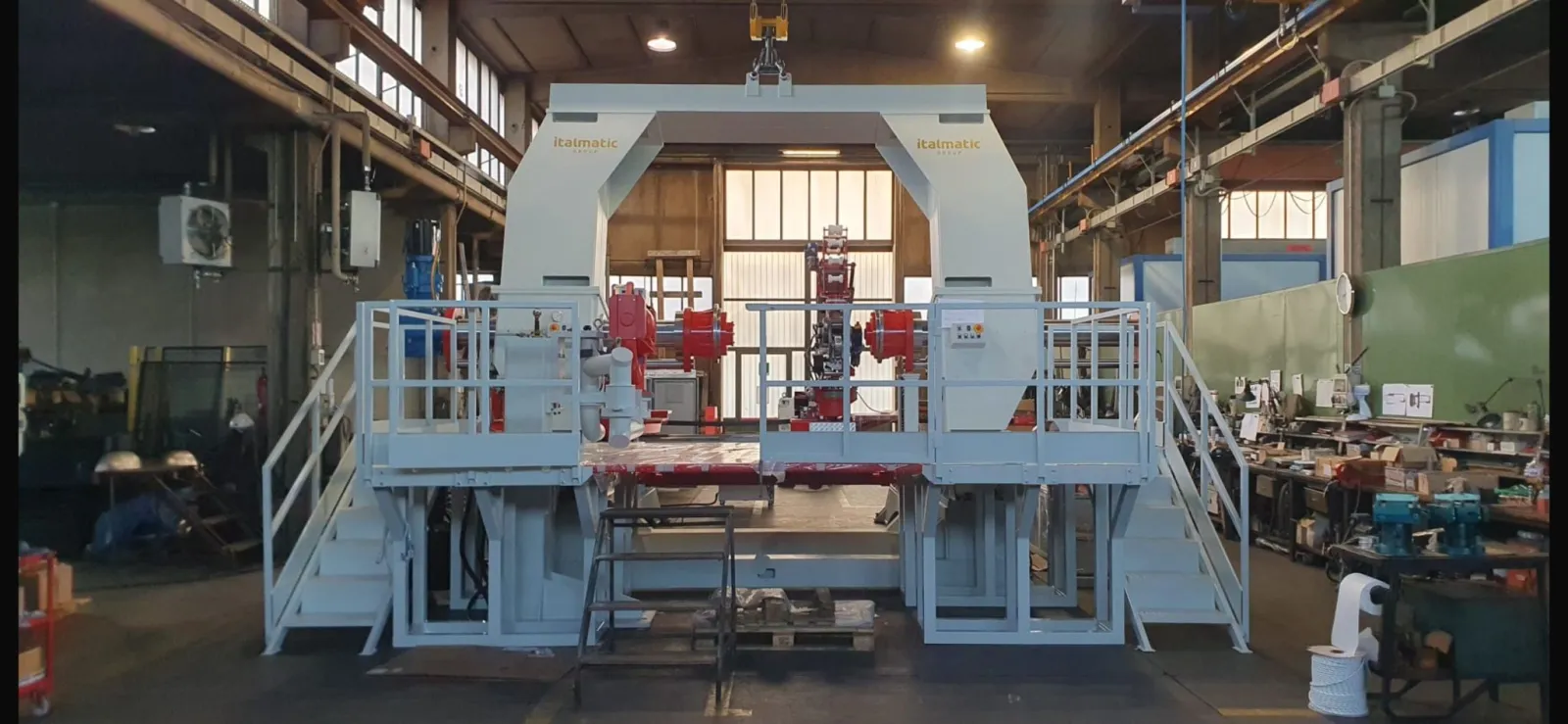Michelin has introduced a formal certification programme to quantify and verify CO₂ and raw-material savings achieved through sustainable tyre management. Developed with DEKRA France, the initiative launched in mid-2024 in France, expanded to several European countries, and has been available to fleets in the DACH region since July 2025. Certificates are issued to fleet customers who can demonstrate an effective sustainability strategy and measurable progress.
Michelin Multi-Life Concept Paying Dividends
At the heart of the scheme is Michelin’s Multi-Life concept, which extends truck tyre life through regrooving and retreading. Using the MICHELIN REMIX and REMIX 2 processes, a tyre can be regrooved up to 3 times and retreaded 2 times. According to Michelin, this approach lowers CO₂ emissions and conserves raw materials by reducing demand for new tyres, cutting waste and limiting recycling volumes. Mileage per casing can increase by up to 375 per cent compared with tyres that are neither regrooved nor retreaded. The new certification aims to make these benefits visible and comparable across fleets.
The CO₂ certificate is verified by DEKRA, a globally recognised testing and certification body. Beyond external assurance, Michelin positions the certificate as a practical asset. Fleets can use it in public tenders and as supporting evidence in EU sustainability reporting under the Corporate Sustainability Reporting Directive. The company also provides communication materials for certified customers, reflecting a wider objective to raise environmental awareness in logistics.
“We want our products and services to help customers succeed economically while setting benchmarks in sustainability,” said Philipp Ostbomk, Vice-President B2B Northern Europe at Michelin. “The CO₂ certificate makes progress in sustainable tyre management transparent and strengthens trust,” added Ostbomk.
In a tight logistics market, demonstrable environmental performance can influence contract awards. Independent verification by DEKRA underpins transparency and credibility, while cost benefits remain central. Michelin reports that tyres retreaded using the MICHELIN REMIX 2 process can reduce the cost per kilometre by up to 33 per cent, helping fleets improve their total cost of ownership and environmental profile.
The certification is applicable across sectors, from paper and automotive parts to bulk goods, food and chemicals. Early adopters report both reputational and operational gains:
“Thanks to the certification, our commitment to sustainable tyre management pays off twice over. Not only do we need to buy fewer new tyres, but our customers can also be confident that we are truly implementing sustainability,” said Stefan Annutsch, Service Manager at Werner Brüning GmbH, Ahlhorn. Annutsch noted that the certificate provides external validation that complements existing fleet practices.
“Our sustainability goal is to be as close to CO₂-neutral as possible in the long term. The certification proves that we are on the right path,” commented Dario Kunfermann, Managing Director at Della Santa AG, Landquart, Switzerland. Kunfermann highlighted the role of verified data in steering investment decisions.
“We pay great attention to sustainability across our service portfolio, whether in the choice of tractors or in Michelin’s Multi-Life concept,” said Daniel Hirschinger, Fleet Manager at Ingo Dinges Transporte e.K., Grünstadt. Hirschinger emphasised the value of a structured tyre-life approach within broader fleet optimisation.
“We are committed to active environmental protection and are aware of our responsibility towards the environment. The CO₂ certification is another important building block,” added Philipp Wittwer, Dispatcher at Wittwer Spedition & Logistik GmbH, Eschenlohe. Wittwer underlined the communication advantage when engaging customers and public stakeholders.
By combining process efficiency, verified measurement and communications support, Michelin’s certification offers fleets a route to link tyre policy with corporate sustainability goals. For many operators, the potential to lower cost per kilometre while improving tender competitiveness will be as important as the environmental case. As adoption broadens across Europe, comparable, third-party-assured metrics should help distinguish genuine progress in tyre life-cycle management from unverified claims.

